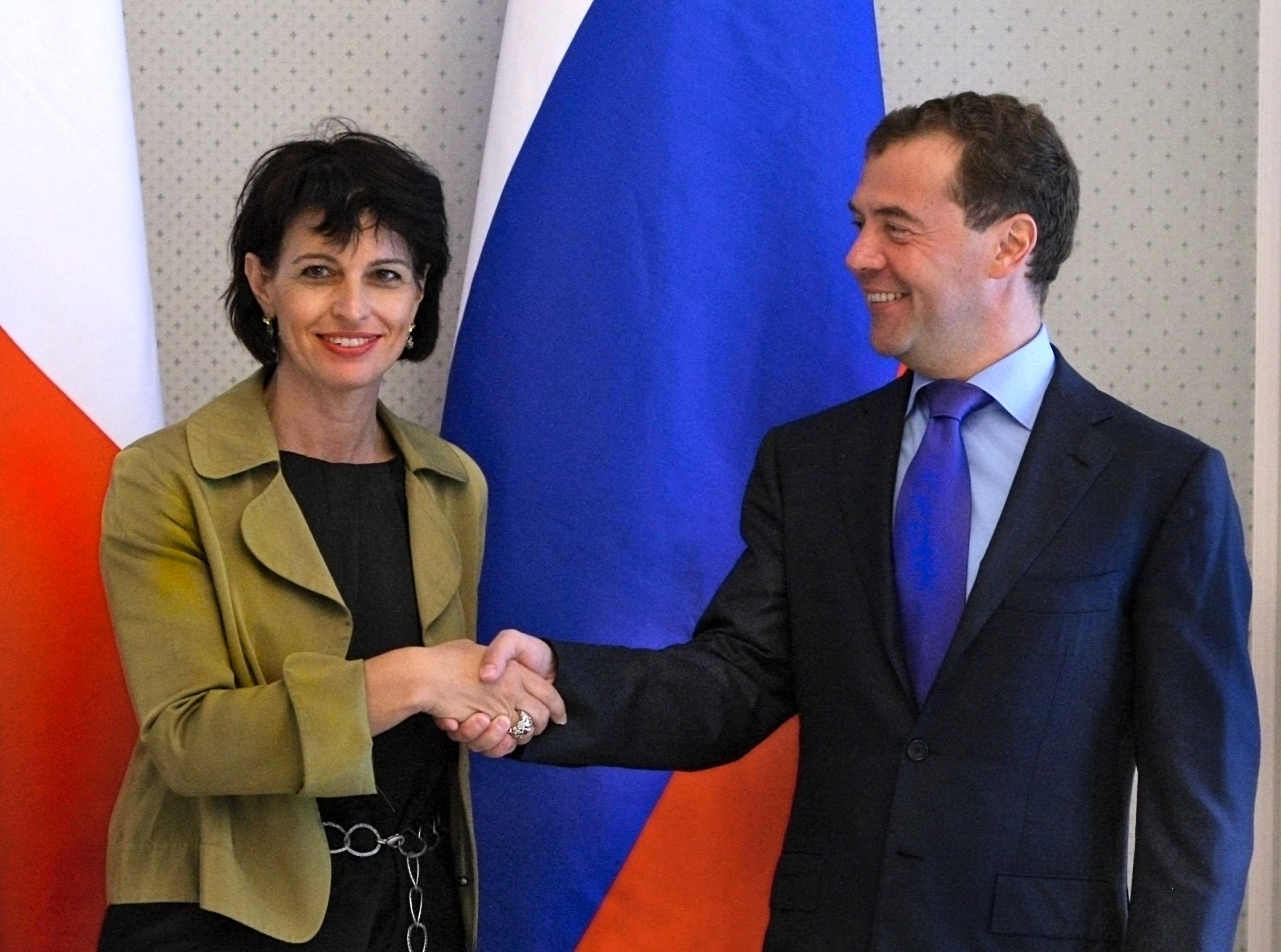The draft bill defines the Skolkovo centre as a specially designated area to conduct research and development in a wide variety of fields. These include energy efficiency, medical technology, computers and software – in other words, the entire spectrum of cuttingedge information systems and all that entails. The strategic plans for this project also require that it include a school for economic innovation.
It is no secret that innovative industries such as scientific and technological research still need to be modernised in Russia. The Russian Federation is comparatively far behind the position this sector occupies in other countries.
Global statistics measuring expenditure on research and basic sciences revealed that the United States accounted for 35% of the world’s total investment, with the European Union ranking at 24%, followed by Japan at 13% and China at 11%. Russia only accounted for 2.2% of world expenditure in this sector.
In other words, Russia allocates funds to education that are generally four or five times inferior to those budgeted in the U.S. or the EU.
However, this has not always been the case in the past. Russia’s confident position as a world power during the Soviet era led the nation to attain innovative eminence in specific areas of science and technology. We should never lose sight of the Soviet Union’s glorious achievements in exploring outer space nor the fact that the first man in space was Russian. However, the collapse of the Soviet Union and the ensuing transition to a market economy resulted in radical lifestyle changes in Russia as well as a comprehensive restructuring of the nation’s economic systems. These circumstances inevitably led to significant collateral damages and waste, which included the shortage of trained Russian scientists, considering that many of them either resided in former Soviet republics or emigrated abroad.
Over the next five years, the Russian authorities themselves plan to invest 110 billion roubles (approximately $400 million) on constructing Skolkovo, but the government is simultaneously seeking cooperation from private companies both at home and abroad. All investments made in the project are expected to generate gains for investors in the future. The centre for innovation has a clearly defined goal; in aiming to orientate its activities on the development and introduction of new technologies, it forecasts to generate commercial returns.
Securing international cooperation and the support Russian leadership will have to give to the project are important factors in implementing the plans for Skolkovo Centre. President Medvedev has therefore decided to personally head the Skolkovo Innovation Centre’s Board of Trustees, affirming that his active participation, “…will accelerate achieving the project’s objectives”.
Many investors have expressed a keen interest in the Skolkovo project and have already promised to contribute funds. These include Siguler Guff, Almaz Capital Partners and a number of European companies including Germany’s Siemens, Switzerland’s Maxmakers, along with myriad foreign companies in various industries.
Another issue is how the Skolkovo project will actually become reality and that question is directly related to the State’s long term commitment to the project.
The presence – or absence – of governmental support will be a determining factor in accomplishing the State’s proclaimed aspirations for Skolkovo.
Unfortunately, Russia has repeatedly made enthusiastic declarations regarding this type of large scale project in the past, many of which eventually fell short of expectations.
But does really Russia need this kind of “Innograd”? Over the past 15 years, the Russian Federation has lost more than 700,000 scientists - including physicists, nuclear scientists, biotechnologists and specialists in nuclear medicine – which has had a significant impact on these fields across the country.
Therefore, that is the specific reason that nuclear and medical technologies will be among project Skolkovo’s main priorities.
Scientists from the Agricultural Research Institute for Central Black Earth Regions have already opposed construction of “Silicon Valley” in Skolkovo. The fact is that about 200 hectares of the Institute’s arable land – comprising unique, experimental fields – will be eradicated in developing the project at Skolkovo.
Environmentalists are likewise opposed to the Skolkovo project, as Russia’s “Silicon Valley” would destroy a significant portion of the forests which serve as a protective belt around Moscow.
The issue of woodland conservation has become particularly relevant as a result of the devastating fires in the summer of 2010.













